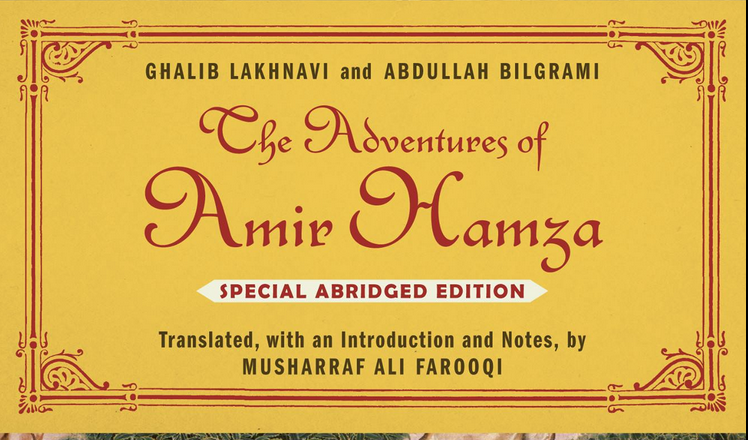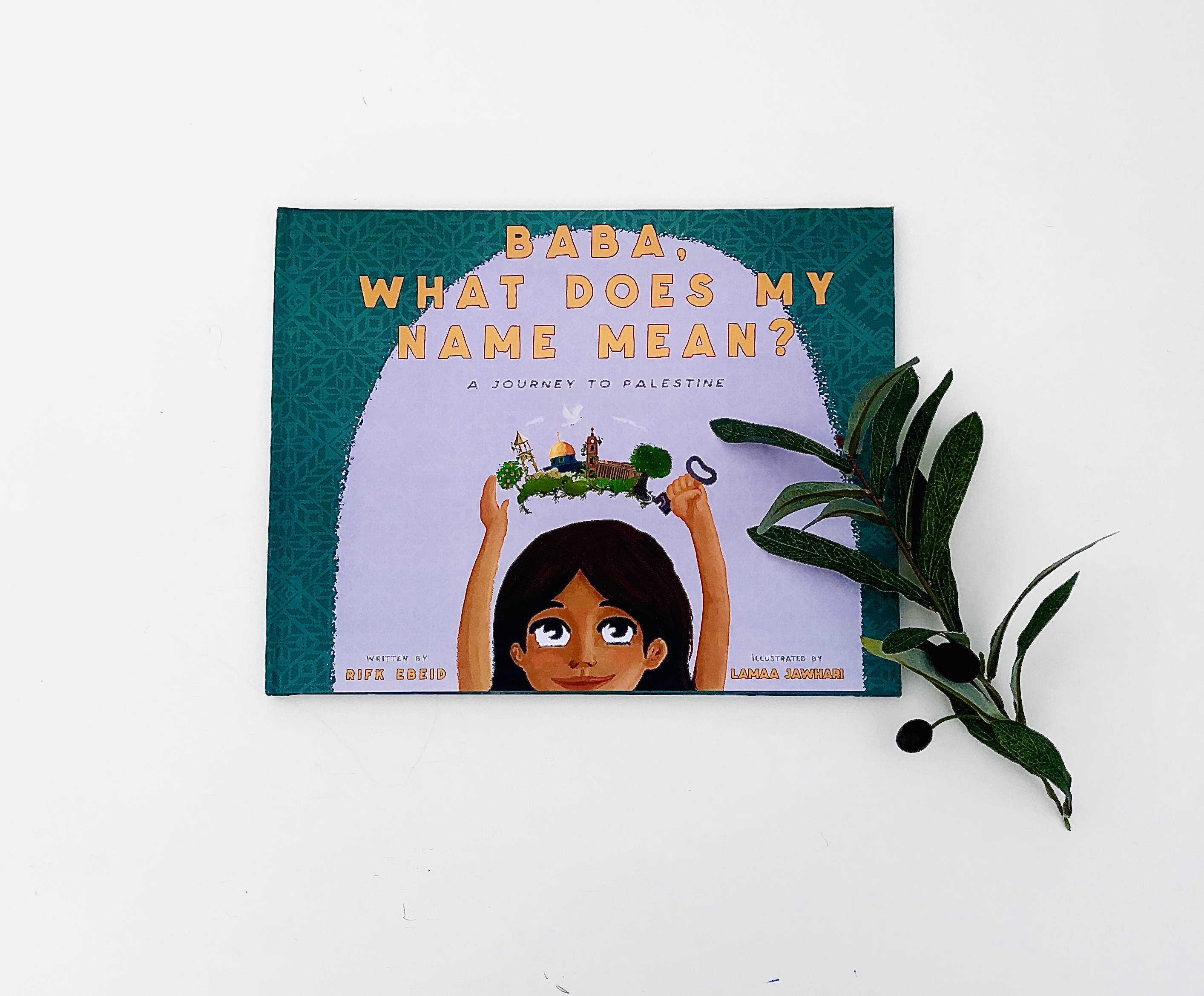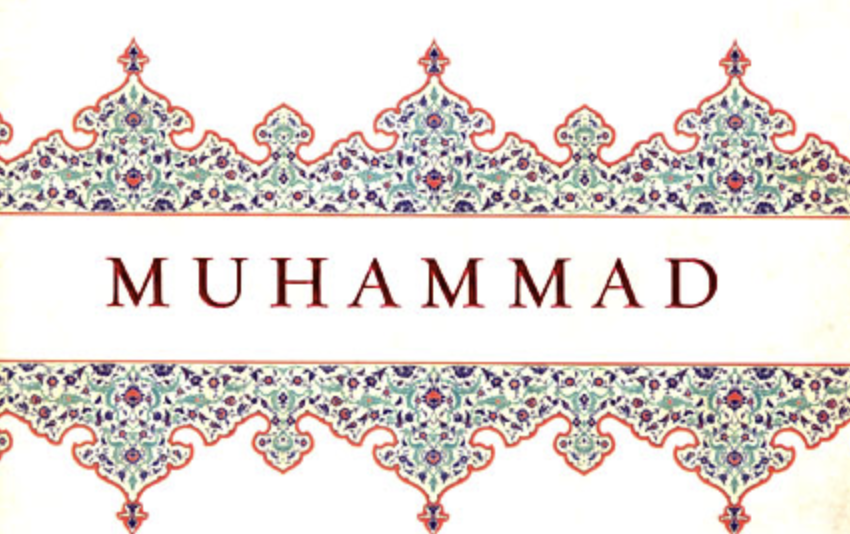[title maintitle=”” subtitle=”For your summer reading list”]
Most people who haven’t read science fiction and fantasy (SFF) define it by Hollywood blockbusters. If they’ve read SFF, they don’t think of it as such. “Fahrenheit 451? 1984?” I’ve heard from members of our Muslim communities. “Those are science fiction?”
While these misunderstandings are not exclusive to Muslim communities in America, they are damaging given the crucial role storytelling can play in illuminating our experiences. They show we’re not reading, and if we are, we’re not reading with open minds.
So, here are eight common myths about SFF:
- “SFF is _________.”
SFF eschews universal definition. For every genre trope and tradition, someone breaks the rules. For every canonical work, a piece of great literature refuses canonization.
Defining SFF is as hard as defining, say, Sufism. Perhaps they’re better left without definition.
Almost every myth is a variety of this one. So while we debunk the rest of them, remember—they stand on shaky ground.
- “SFF is too mainstream.”
If you didn’t like Star Wars, Star Trek, Lord of the Rings, or Harry Potter, that doesn’t mean you don’t like SFF. There’s a lot out there you might not expect. The best works aren’t the stuff of pop culture; they’re elements on the fringe.
- “SFF today is white and male.”
A Google search renders this myth moot. I’d rather not list examples. I would leave out too many.
If necessary, here are a few as a starting point: Junot Diaz, Ted Chiang, G. Willow Wilson, Saladin Ahmed, Daniel José Older, Colson Whitehead, Nnedi Okorafor, Usman Malik, Sofia Samatar, Amal El-Mohtar, N.K. Jemisin. Publishers like Crossed Genres are doing great work in this arena, but almost every major SFF publication these days promotes diverse writers, more so than mainstream literary publications.
- “Sure, but it used to be.”
The recent history of science fiction is alive with writers like Octavia Butler, Ursula K. Le Guin, Margaret Atwood, Frank Herbert, Samuel R. Delaney, and Walter Mosley, to name a few.
It’s true. These are exceptions following a Golden Age of white male SFF. Even Mary Shelley’s Frankenstein, traditionally considered the first work of science fiction, contains a blatantly Islamophobic subplot about a mischievous Turk and Islam’s oppression of women.
But even if writers like Butler or Le Guin are exceptions, they produced some of the greatest literature in the genre. Again, SFF operates best at the margins.
- “But historically, SFF is a western construct. It’s exporting the anxieties of white men.”
This is the origins approach. Consider Ibn Sina’s Salaman wa-Absal, a tale of encounters with the moon, stars, and extraterrestrials, lauded by historian Mark Graham as “most likely the first bona fide science fiction story.” Rokeya Hussain’s 1905 Bangladeshi classic “Sultana’s Dream” describes a utopia governed by women. Ibn Tufayl’s Hayy ibn Yaqdhan and Attar’s Conference of the Birds rely on fantastical ideas as means of storytelling and theological inquiry. The anthology Dark Matter: A Century of Speculative Fiction from the African Diaspora and its sequel relate experiences beyond the western mode, reaching as far back as W.E.B. Du Bois’ heartbreaking “The Comet,” which is nothing without the power of its SFF premise.
- “SFF is antithetical to religion.”
This is close to true (although the problem is not exclusive to the genre). Some SFF portrays religion as inane, violent, or unworthy of engagement. But, inadvertently, these critiques assume religion always takes a specific form, usually a particular variety of Christianity. Surprisingly, this can provide us with nuanced understandings of our faith and its contexts, a valuable asset when navigating the diversity of religious dialogues in America.
There are works that see faith in a positive light. Ted Chiang writes beautifully about faith, death, and free will using Biblical, Islamic, and other religious settings. Herbert’s Dune explores the empowering role of religion in ecology, empire, and rebellion, inspired by Ibn Khaldun, Shi’i traditions, Islamic eschatology, and Middle East politics.
- “SFF doesn’t move me because it’s about ideas, not people.”
If Daniel Keyes’ Flowers for Algernon didn’t make you even think about crying, you’re not human. Consider the terror of Butler’s apocalypses and its glimmers of hope, the beauty of Emily St. John Mandel’s Station 11, the paranoia of Bradbury and Orwell, the identity crises of Philip K. Dick’s protagonists, the maimed humor of Vonnegut, the elegance and melancholy of Chiang’s short stories.
If SFF doesn’t move you, maybe you’re thinking of Transformers.
- “SFF is not real.”
SFF is full of what-ifs and escapism. These are not mutually exclusive to “real-world” issues. Vonnegut’s Slaughterhouse-Five is one of the great anti-war novels. Butler’s stories deal with the physical and psychological brutality of racism and colonialism. Stanislaw Lem’s Solaris reads like a fictionalization of Edward Said’s Orientalism. David Marusek’s novels brilliantly imagine the intersections of technology, power, and economics. John Joseph Adams’ anthology Seeds of Change “confronts the pivotal issues facing our society today: racism, global warming, peak oil, technological advancement, and political revolution.”
If anything, SFF illuminates real-world issues. Ursula K. Le Guin wrote: “All fiction is metaphor. Science fiction is metaphor.” As I’ve written previously, deeper truths—the realities stories uncover—are not direct. SFF, then, is not only an extension of the power of fiction; it’s an embodiment of it.
***
The abundance of SFF literature that challenges these myths is staggering. SFF is part of our Muslim traditions and integral to our contemporary potential as storytellers and our duty as readers.
For our stories to illuminate our experiences, we need to expand our shelves.
[separator type=”thin”]
Haris A. Durrani (@hdernity) is Co-Founder of The Muslim Protagonist Symposium at Columbia University, where he is an Egleston Scholar and has published fiction, memoirs, and essays which explore personal narratives arising at the nexus of law, technology, and disenfranchised identities, particularly in Latino and post-9/11 contexts.





5 Comments